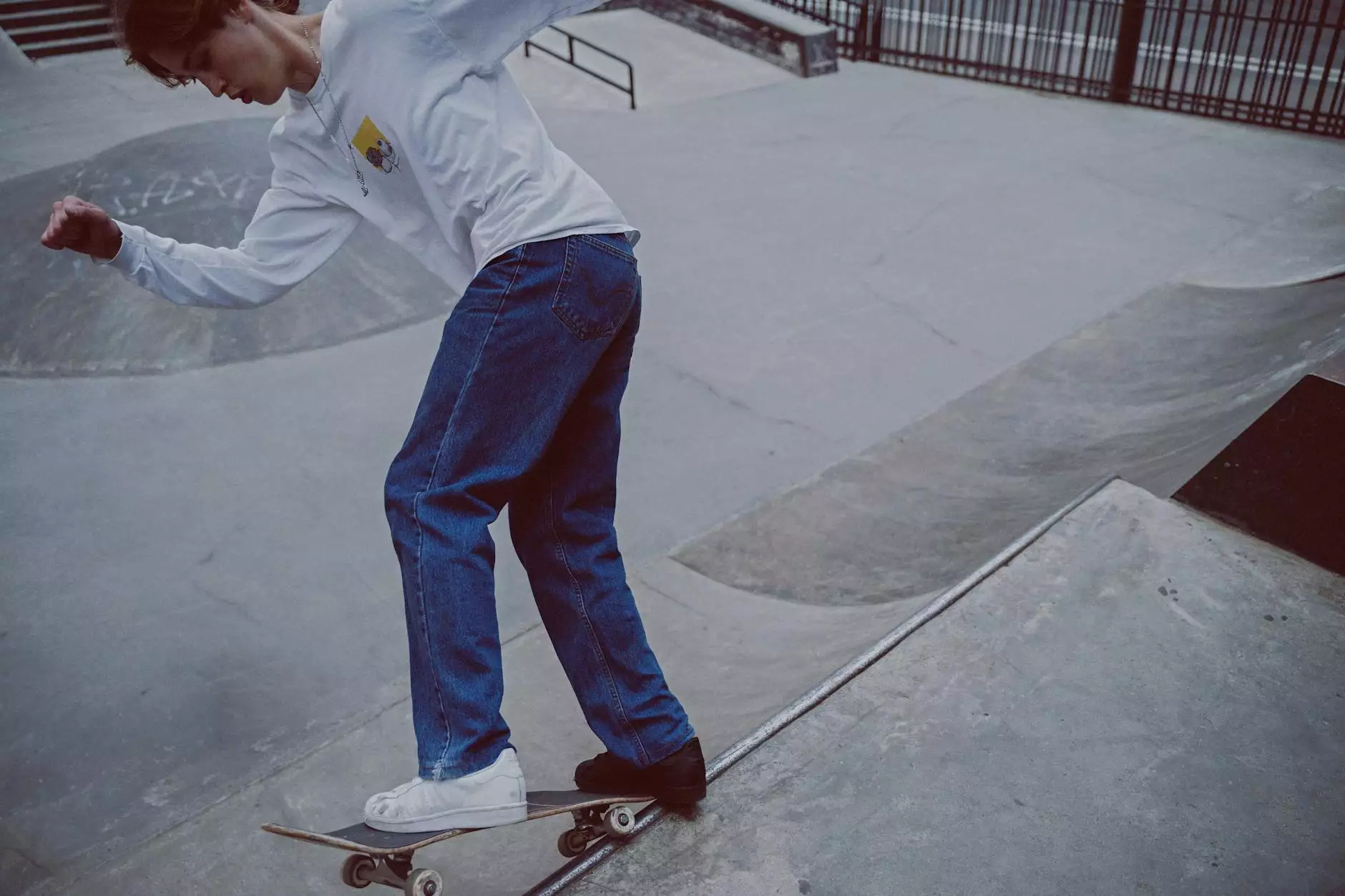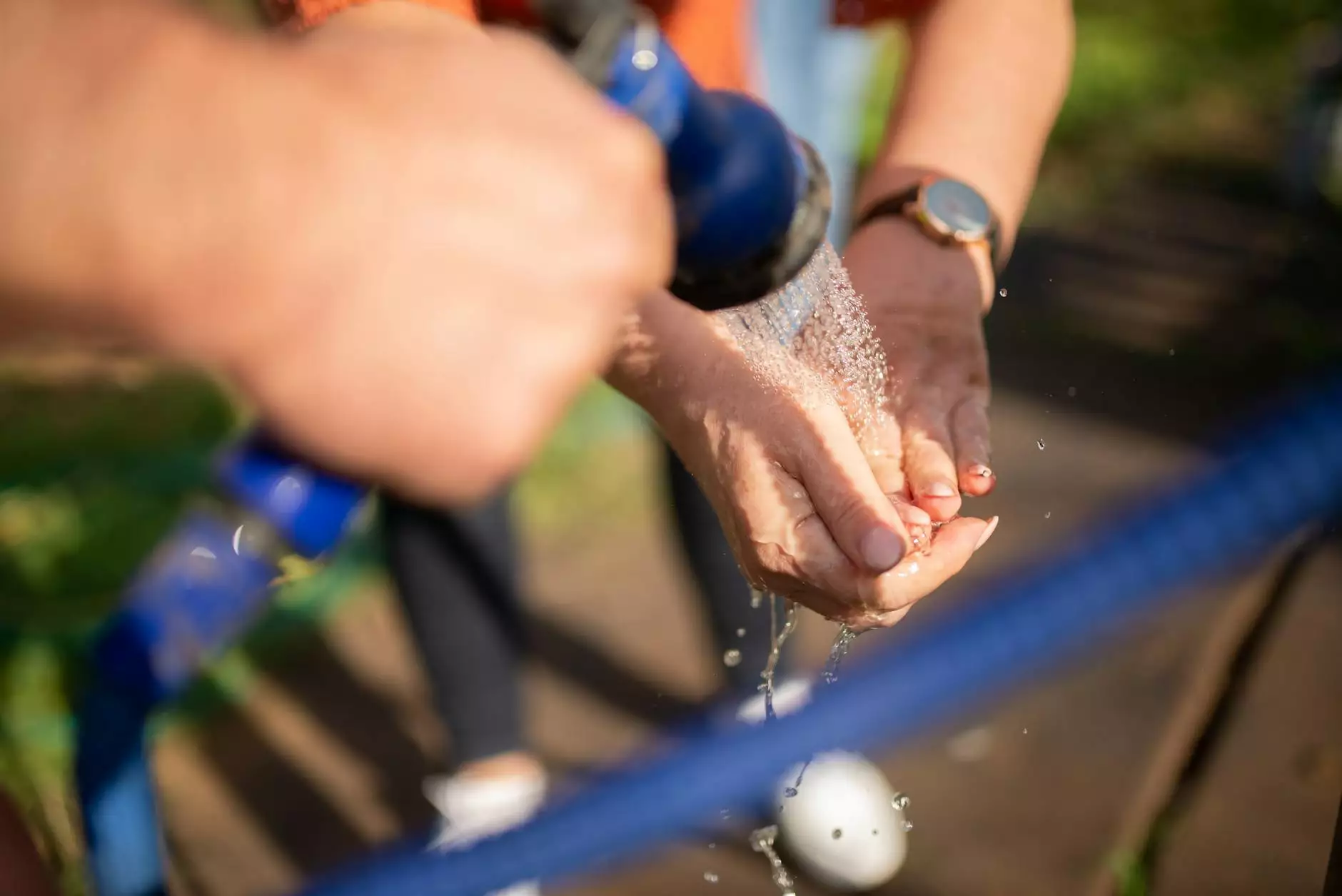Sporting Goods and Skate Shops: Exploring the Business Landscape

The sporting goods industry has seen tremendous growth over recent years, becoming a hub of innovation and entrepreneurship. In particular, skate shops have carved out a niche that appeals to enthusiasts and casual riders alike. Among the notable brands in this sphere is Exwayboard, which exemplifies the quality and creativity that defines modern skateboarding.
Understanding the Sporting Goods Market
The overall sporting goods market encompasses a diverse range of products and services designed for physical activities, exercises, and sports. This market includes everything from apparel, footwear, and accessories to specialized equipment. The rising interest in fitness and outdoor activities has greatly influenced consumer behavior, leading to unprecedented growth in sectors like skateboarding.
The Rise of Skateboarding Culture
Skateboarding is more than just a sport; it is a cultural phenomenon that has transcended generations. Since its inception in the 1950s and 1960s, skateboarding has evolved, becoming a lifestyle that encompasses fashion, music, and art. As skateboarding gained mainstream acceptance, it transitioned into a lucrative business opportunity for many entrepreneurs.
The Transformation of Skate Shops
Traditionally, skate shops served as local hubs where skaters could gather, share experiences, and find the latest gear. Today, these shops play an integral role in the skateboarding ecosystem. Here are some critical aspects of the transformation:
- Community Building: Skate shops foster a sense of belonging, organizing events, competitions, and skate sessions to engage the local skateboarding community.
- Product Variety: Modern skate shops offer an extensive range of products, from decks and wheels to apparel and accessories, catering to both beginners and seasoned skaters.
- Brand Collaborations: Many skate shops collaborate with brands to create exclusive products, enhancing their market presence and customer loyalty.
The Business Model of Skate Shops
Understanding the business model behind successful skate shops can provide valuable insights for aspiring entrepreneurs. Here are the core elements that contribute to a thriving skate shop:
1. Diverse Product Offerings
Successful skate shops do not just sell skateboards; they offer a variety of products that cater to the lifestyle of their customers. This includes:
- Skateboards: Decks, trucks, wheels, and complete boards.
- Apparel: T-shirts, hoodies, caps, and sneakers that resonate with skate culture.
- Accessories: Safety gear such as helmets and pads, as well as maintenance tools.
2. Engaging Customer Experience
Creating a memorable shopping experience is critical in the sporting goods sector. Skate shops can achieve this by:
- Providing knowledgeable staff who can offer expert advice.
- Hosting community events that bring skaters together.
- Having a well-designed store layout that encourages exploration and interaction.
3. Leveraging Online Sales
In today's digital age, a robust online presence is essential for any retail business. Skate shops can maximize their reach by:
- Implementing an e-commerce platform that showcases their products.
- Using social media to engage with customers and build a loyal following.
- Creating high-quality content, such as tutorials and product reviews, to drive traffic to their websites.
Marketing Strategies for Skate Shops
Effective marketing strategies can make a significant difference in attracting customers to a skate shop. Here are some tactics that can elevate a skate shop's visibility:
1. Social Media Engagement
Platforms like Instagram, TikTok, and Facebook offer skate shops an opportunity to connect with their audience. Engaging content ideas include:
- Video Tutorials: Share how-to videos from experienced skaters to attract beginners.
- Skater Spotlights: Feature local skaters or shop team riders to build a community vibe.
- Giveaways and Contests: Run social media contests to increase engagement and followers.
2. Content Marketing
Developing a blog or video series that focuses on skateboarding techniques, reviews, and industry news can establish a skate shop as a trusted authority in the field. This strategy can:
- Drive organic traffic to the Exwayboard website.
- Encourage customer loyalty and repeat visits.
- Provide valuable information that helps potential customers make informed purchases.
3. Local Partnerships
Collaborating with local skate parks, schools, and organizations can solidify a skate shop's presence in the community. Such partnerships can include:
- Sponsoring events at skate parks.
- Offering discounts to local skate teams or students.
- Collaborating with local artists for unique product designs.
Trends Shaping the Future of Skate Shops
Staying ahead of trends is crucial for any business, especially in the fast-paced world of sporting goods. Here are some emerging trends that skate shops should consider:
1. Eco-Friendly Products
With increasing awareness of environmental issues, customers are gravitating towards eco-friendly products. Skate shops can:
- Stock skateboards made from sustainable materials.
- Offer repurposed or upcycled accessories and apparel.
- Educate customers about environmental responsibility in the skating community.
2. Embracing Technology
The incorporation of technology into skateboarding gear is another exciting trend. Skate shops could:
- Offer smart skateboards that track performance metrics.
- Create augmented reality experiences in-store to showcase products.
- Utilize virtual reality systems for product demonstrations.
3. Inclusive Communities
Creating an inclusive environment that welcomes skaters of all backgrounds is increasingly important. Shops can promote diversity by:
- Encouraging participation from underrepresented groups.
- Hosting events that celebrate various aspects of skate culture.
- Ensuring that product lines cater to a diverse customer base.
Conclusion: The Future of Skate Shops
The world of sporting goods and, specifically, skate shops is ripe with opportunity. As passion drives the culture forward and innovation shapes product offerings, businesses like Exwayboard are setting a high standard for what is possible in the industry. By focusing on community engagement, quality products, and emerging trends, skate shops can position themselves for long-term success.
For aspiring entrepreneurs in the sporting goods sector, the lessons learned from successful skate shops serve as a shining example of how to thrive in a competitive environment. With the right strategies and a commitment to quality and community, the future is bright for the skateboarding business.
https://www.exwayboard.com/








